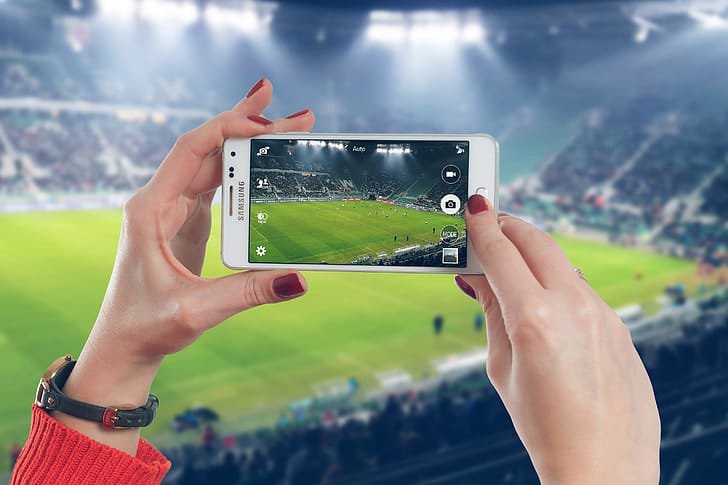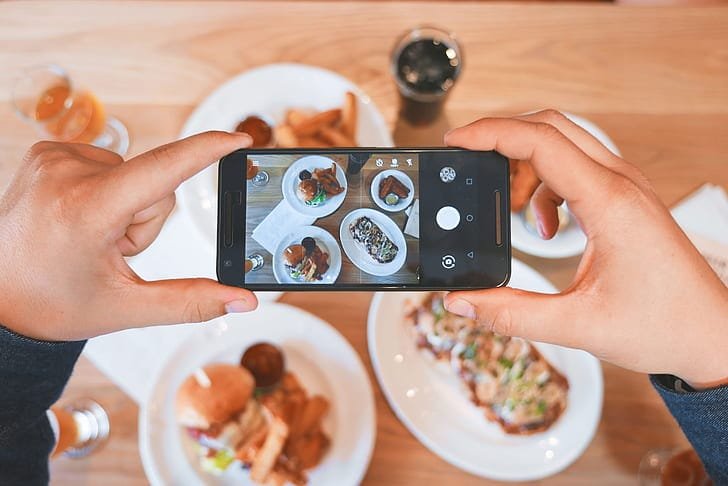Phone communication is an essential aspect of human life with historical value. Though the principle of audio interaction has remained the same over time, the shape of phones has changed with the advancement in technology. At present, we have hundreds of varieties in the market, and so, selecting the perfect audio connection for your home becomes a problem. Should you get a cordless phone with a traditional value of its own? Or, should you invest in a cellular phone that is smart and handy? The following points will highlight the difference between these phones, and help you reach an informed decision.
Difference Between a Cordless & a Cellular Phone?
Cordless vs. Cellular: Base Station
Let’s take a look at the physical structure of these two types of phones. A cordless phone consists of a base unit and a portable handset. The base station connects directly to a standard telephone line via a wall outlet and uses it to transmit audio signals to the cordless handset. On the other hand, a cellphone does not need a landline connection to send and receive voice data. Instead, it relies on cellular towers in an area to power your calls completely wirelessly.
Cordless vs. Cellular: Affordability
Cost is a crucial factor when it comes to phones since people like to go for options that are easy on their budget. Now, a cordless phone system is quite affordable for an average user. If you look at Spectrum phone plans, for instance, you’ll see that the price is well within your pocket’s reach. Especially when you bundle the Voice service with internet or TV, the rate goes down to only $9 per month, which is convenient and manageable. A cellular phone, however, costs around $30 – $100 per month depending on which mobile service provider you choose. They are relatively more expensive and if you happen to buy a mobile without a provider’s monthly subsidies, you’ll have to pay at least $900 in one go for a good flagship phone from the latest line.
Cordless vs. Cellular: Features
The kind of functionality you get with a phone also matters. With a cordless phone, you can access all the standard landline features, such as Call Forwarding, Voicemail, Caller ID and Speed Dialing, etc. in addition to making, recording, or suspending calls. With a cellular phone, though, you can enjoy extended features, including call, text, internet browsing, mobile applications, email, camera, video conferencing, and music playing, etc.
Cordless vs. Cellular: Frequency Range
The radiofrequency at which your phone runs affect the signal quality in one way or another. Cordless phones usually hop on three main frequencies: 900 MHz, 2.4 GHz, and 5.8 GHz. The 2.4 GHz band is a particularly crowded one, which creates signal congestion and may lead to interference. Many devices in a home, such as Wi-Fi routers, baby monitors, or garage door openers, use this frequency lane and may alter the sound quality of calls from a cordless phone nearby. Whereas, cellular phones typically broadcast signals at an 800 MHz frequency, which is less congested and less prone to interference.
Cordless vs. Cellular: Portability Extent
How far can you take your phone with you? If you have a cordless phone, then not too far. The handset is portable, but it has to stay within 200 meters of the base station to sustain a crystal-clear phone call. Although it might concern some, the smaller mobility range is not really an issue, since the cordless phone is used within a smaller vicinity of a home, anyway. A cellular phone works on an entirely different level. Not only can you make mobile calls from home sitting on your couch, but you can also dial cross-country when you are outside in a whole other area, given your service provider has a cellular tower there.
Cordless vs. Cellular: Durability
Longevity is important. It means the quality of long-lastingness. A cordless phone has greater durability, because of its tough exterior and a dedicated place in a home. Meaning, you cannot easily miss it. Some people keep holding on to the same cordless phones for generations. On the other hand, cellular phones are small, light, and slim. This gives them practicality but takes away the durability unless you are a careful user. Most of the mobile phones end up being stolen or stowed away or lost between the folds of a couch. Their wide displays and glass-based backs also give them a sense of fragility.
Cordless vs. Cellular: Broadcasting Effect
Broadcasting power is the transmitting power with which a beacon pushes radio signals to a host device or a cluster of devices in the vicinity. Over time, several health concerns have come up around this power. Let’s address them in regards to both types of phone systems. A cordless handset typically remains within a close distance to its base unit, so the broadcasting power of a cordless phone is relatively lower and has a lesser health impact. Whereas, a cellular phone system transmits a greater broadcasting power, given its distance from the tower, and is, therefore, more health-hazardous.
The Bottom Line is…
Both cordless and cellular phones have their unique distinctions, as covered in this post. While a cordless phone is ideal for people who stay at home indefinitely, a cellular phone is perfect for those who are constantly on the go.
Read Also The Future of Connectivity: Enabling the Internet of Things










![Explain SEO in Digital Marketing – [Beginning to End Guide]](https://www.gadget-rumours.com/wp-content/uploads/2025/01/Explain-SEO-in-Digital-marketing-768x403.png)






























![Explain SEO in Digital Marketing – [Beginning to End Guide]](https://www.gadget-rumours.com/wp-content/uploads/2025/01/Explain-SEO-in-Digital-marketing.png)

